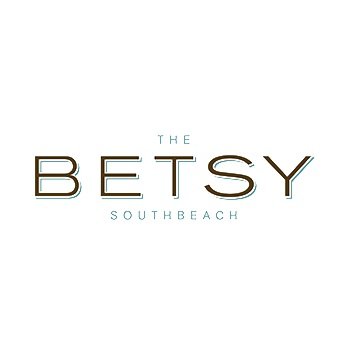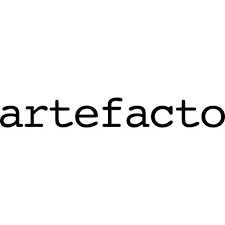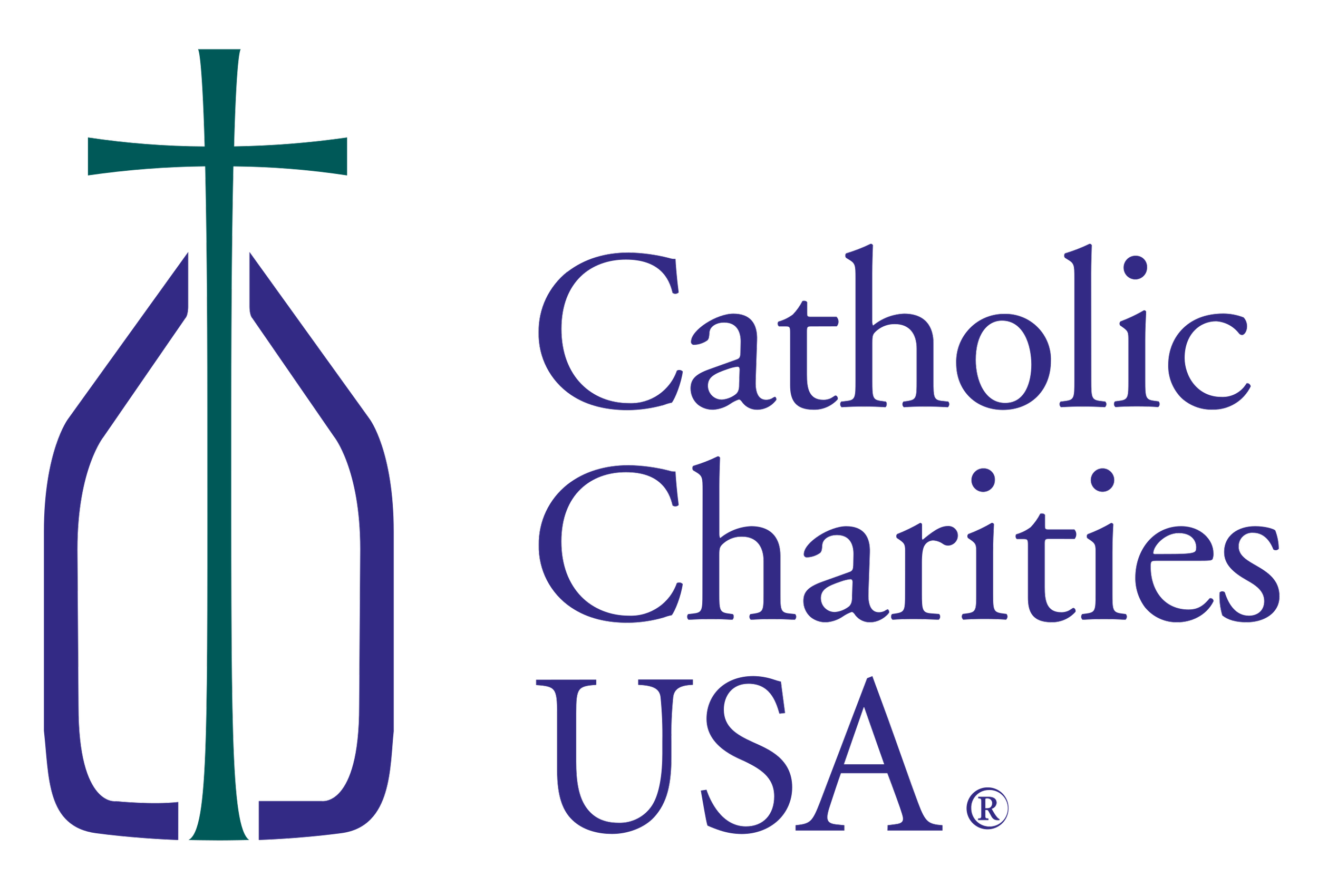OUR PARTNERS
Maximo “Max” Alvarez, Founding Partner
Max Alvarez was only 13 years old when he emigrated to the United States of America in the 1960’s, one of over 14,000 unaccompanied minor refugees from Cuba during Operation Pedro Pan. The children were sent by their courageous parents, who were deeply concerned about the indoctrinating influences of Castro’s communism.
Alvarez experienced a generous welcome to a country of opportunity. He lived his teen years in Miami under the care of Monsignor Bryan O. Walsh, leader of the Catholic Welfare Bureau that orchestrated the ambitious wave of immigration. The experience was one of the most formative of Alvarez’s life, and Walsh became a lifelong mentor and friend.
The two had lunch just before Walsh passed away. The older man shared his hope of preserving the legacy of Operation Pedro Pan and that this unique and important piece of history would continue to be taught and shared. Alvarez matched Walsh’s passion and decided to help fulfill his wish.
Barry University is an essential partner in that work. Walsh entrusted his papers about the project to the school’s archives. In honor of his friend, Alvarez established the Monsignor Bryan O. Walsh Endowed Director position at the Institute for Immigration Studies.
“As I get older, I realize how my success is because of the education and love I received when I arrived in this country,” said Alvarez. “The least I could do is pay it back. What I give today is only a fraction of what I was given.”
The Endowment supports the director in perpetuity. With this solid foundation, the Institute for Immigration Studies is establishing a thriving program. The Founding Director is the daughter of a Pedro Pan herself. Dr. Giselle Elgarresta Rios says with the operation as the cornerstone, the institute is embracing a comprehensive study of immigration.
“The diversity of south Florida and the Barry student body is so rich, with Haitians, Russians, and Afghans as well as Cubans and others from Latin America,” said Dr. Rios. “We want to honor and celebrate that diversity and create moments of encounter through art and programming.”
Creating an Immigration Studies Minor was one of the institute’s first major accomplishments. Under Dr. Rios’ guidance, 2022-23 academic fellow Dr. Sabrina Des Rosiers developed the curriculum and garnered university approval. The first students entered the minor in the fall semester of 2023. Designed to be multidisciplinary and inclusive, the coursework emphasizes historical, social, cultural, economic, political, and psychological elements of immigration and is offered to undergraduates from all majors.
“Immigrants are a large swath of the population in south Florida,” explained Dr. Des Rosiers, a Haitian immigrant herself. “Graduates will be able to assist other professionals within their discipline of public administration, psychology, or the arts, and knowledgeably recommend policy for immigration issues.”
Students in the minor study a range of disciplines. A child and adolescent psychology course examines how biological and environmental influences, including cultural background and immigration status, shape development. In biology, a human nutrition class emphasizes the rationale for food choices grounded in cultural diversity. A social work course explores trauma-informed practices mainly focused on immigrants and refugees.
A speaker series, another institute initiative, engages the entire Barry community in immigration issues. Faculty researchers, attorneys, and community-based advocates have spoken about the current needs of immigrants.
The institute is also facilitating research. Four students presented their projects at Barry’s 15th Annual STEM research symposium. Sadia Campbell studied differences in perceived discrimination between immigrant college students of diverse national origins. Rebecca Lampert presented a retrospective of the association between parental monitoring, helicopter parenting, and academic achievement in immigrant college students.
The first exhibit in the Institute for Immigration Studies’ new gallery was an exploration of Operation Pedro Pan, curated by local residents who were part of the original group of 14,0000 children. Students, faculty, school children, professional groups, and book clubs visited and interacted with the intimate immigration story. As a new display rotates in this winter, a small permanent gallery space will remain dedicated to the Pedro Pan project, fulfilling Walsh’s - and Alvarez’s - dream to keep this specific history alive.








